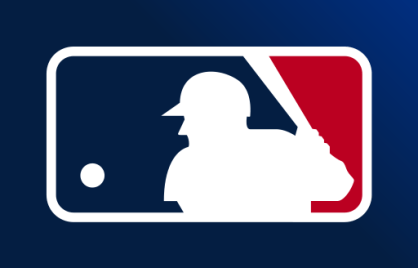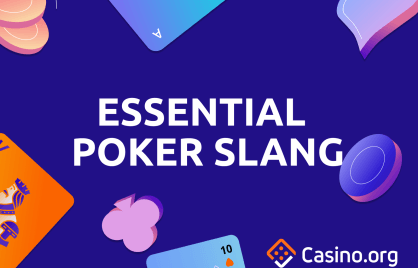Do This ONE Thing to Get Better at Poker
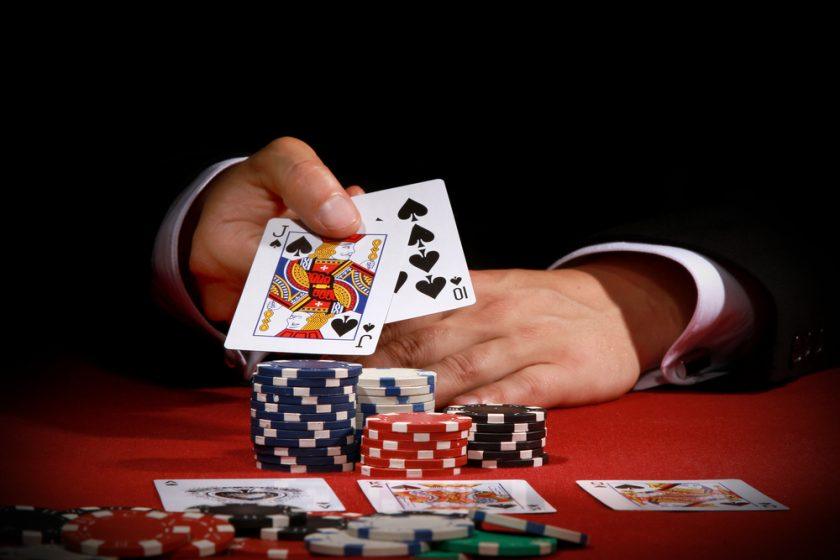
Summarize this post
How to Get Better at Poker: What You’ll Learn
- The Power of Focused Practice: Understand the importance of honing a specific skill rather than trying to improve everything at once.
- Identifying Weaknesses: Learn how to assess your game to identify areas that need improvement and focus your practice on them.
- Effective Training Techniques: Discover effective training methods and exercises that align with the one key habit for improving your poker game.
- Building Consistency: Explore how regular, focused practice can lead to greater consistency in your gameplay and decision-making.
- Mindset Shift: Gain insights on adopting a growth mindset that prioritizes continual improvement and learning in your poker journey.
Want to get better at poker instantly?
Not by learning fancy math. Not by reading your opponent’s soul. Not by bluffing your brains out.
Here it is. The one thing that will skyrocket your poker game:
Fold more. That’s it.
That’s the secret.
You can ignore 90% of the poker advice floating around the internet, but if you do this one thing — fold more hands — you’ll improve faster than people who’ve been playing for years.
And I get it. Folding feels wrong. Folding feels weak. Folding feels like you’re not doing anything. But folding is where real poker starts.
So if you’re serious about leveling up, let’s talk about why folding is the most underrated — and most powerful — move in poker.
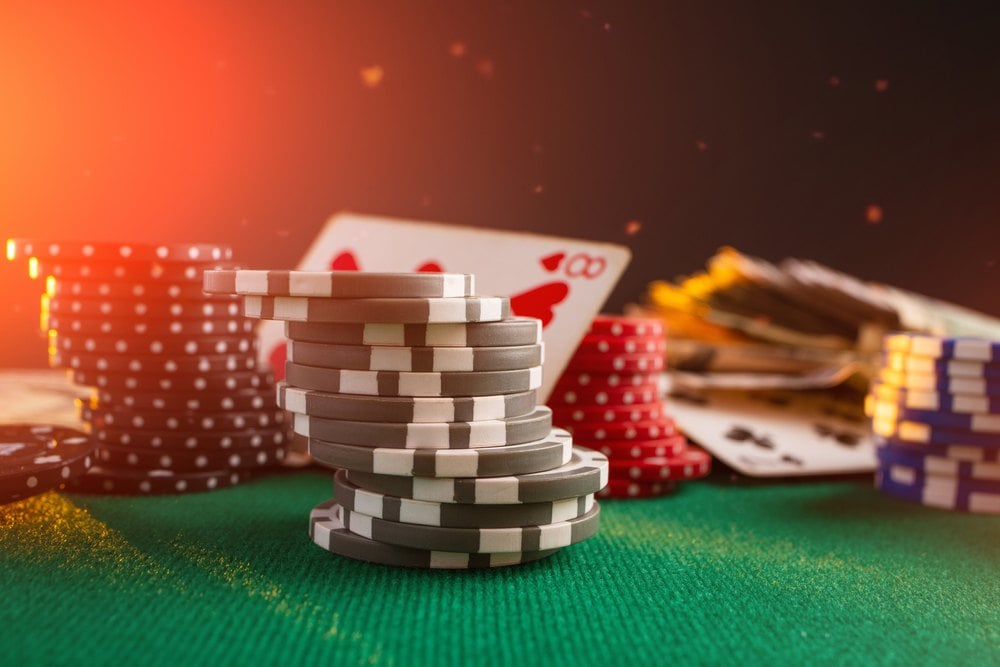
Image Credit: Anton27/Shutterstock
Folding in Poker is a Power Move
In poker, folding is not giving up. Folding is avoiding future pain. Folding is dodging bullets, side-stepping traps, and saving your chips.
Folding is a power move.
When you fold in poker, you’re refusing to invest in a lousy — or marginal — hand. Don’t invest in subpar holdings, even if your hand isn’t complete trash. Mistakes compound in poker and money spirals. Remember that poker is ruthless when it comes to your hand being second-best.
A medium hand is still a losing hand. If your hand is good but not great, it’s a loser.
You don’t win money by playing more hands. You win money by playing the right hands.
Professionals Fold Most of the Time
Let me say this clearly: the best poker players in the world easily fold 80% of their hands before the flop.
That means they’re only playing 1 out of every 5 hands… and sometimes less.
If you’re just starting out and you find yourself playing more than 20–25% of your hands? You’re playing too much. Way too much.
And you’re losing money because of it — not because you’re bad, not because you’re unlucky, but because you’re in too many bad spots with weak cards.
If you’re wondering why you keep losing, start counting how many hands you’re playing. Then cut that number in half.
Why Folding Works (Even Though It’s Boring)
Let’s break this down logically.
Every time you enter a pot, you’re putting money at risk. You’re paying the rake. You’re gambling against other players who might have better hands or better position.
If your starting hand isn’t strong enough to justify that risk, you’re setting money on fire.
That’s why strong players fold hands like:
- Ace-7 offsuit
- 9-5 suited
- Queen-6 suited
Yes, they’re technically “playable.” But not profitably playable. And if a hand isn’t profitable, you fold it. Full stop.
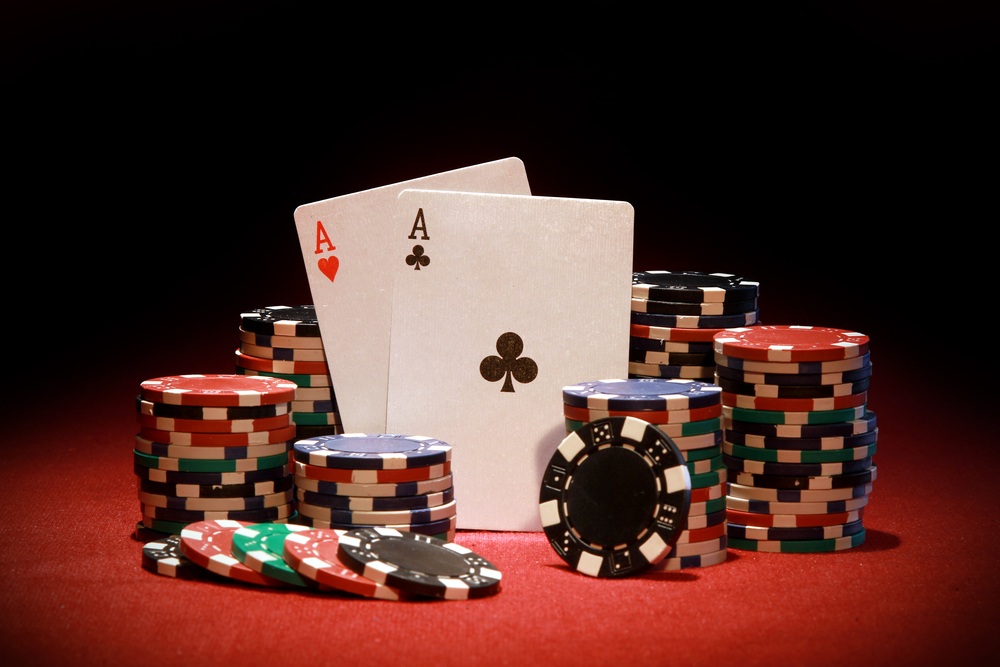
Image Credit: VITALII BORKOVSKYI/Shutterstock
The Royal Flush Rule
The best way to know exactly which cards to play and which cards to fold is by using a poker preflop chart (poker Raise First In or RFI chart). These poker preflop charts tell you which hands to play in exactly which seats at the table.
Is that too complicated? Too hard to memorize?
Then stick to this:
Only play big pairs and hands that can make a royal flush.
K♥9♥? Can’t make a royal flush — fold it. K♠Q?♥ Can’t make a royal flush – fold it.*
*Technically you can if the board is A♥K♥J♥T♥, but you get the idea. You want both cards to be suited broadways (Ace, King, Queen, Jack, Ten) in order to be playable.
As for pairs, you can also only play broadways.
Now this is a highly restrictive way even for my standards. But it’s a good exercise and test of discipline before wrapping your head around a preflop chart.
Folding Helps You Avoid the Worst Trap: Second-Best Hands
You know what’s worse than losing with nothing? Losing with almost the best hand.
The technical term is “second-best hand,” but I just call it the “losing hand.”
You play Queen-Ten. Flop comes Queen-6-2. You bet big. Your opponent calls. The turn is a 9. You keep betting. They keep calling all the way to the river. They turn over King-Queen.
You had top pair! But your kicker lost.
Poker has no mercy.
It’s the hands that feel strong that end up costing you the most. They’re hard to get away from, and they’re one of the main reasons people go broke. Especially beginners.
Folding marginal hands preflop keeps you out of these spots entirely.
Think of this classic poker player’s joke (I mention it in my book, A Girl’s Guide to Poker):
Two poker players are lost in the forest. They start getting chased by a bear.
“How are we ever going to outrun the bear?!” says one poker player.
“I don’t need to outrun the bear,” his fellow poker player replies. “I just need to outrun you.”
You Don’t Need to Win Every Hand
This is one of the biggest myths in poker — you have to win a lot of hands to win money.
You don’t.
You just have to win the right hands. And not lose big on the others.
Think about it: even if you fold 10 hands in a row, all it takes is one good hand — one strong preflop raise, one c-bet, one shove on the river — and you can double your stack.
You’re not paid by the hour. You’re paid by the pot.
So stop trying to play everything. Focus on only playing the best hand — and maximizing your winnings.
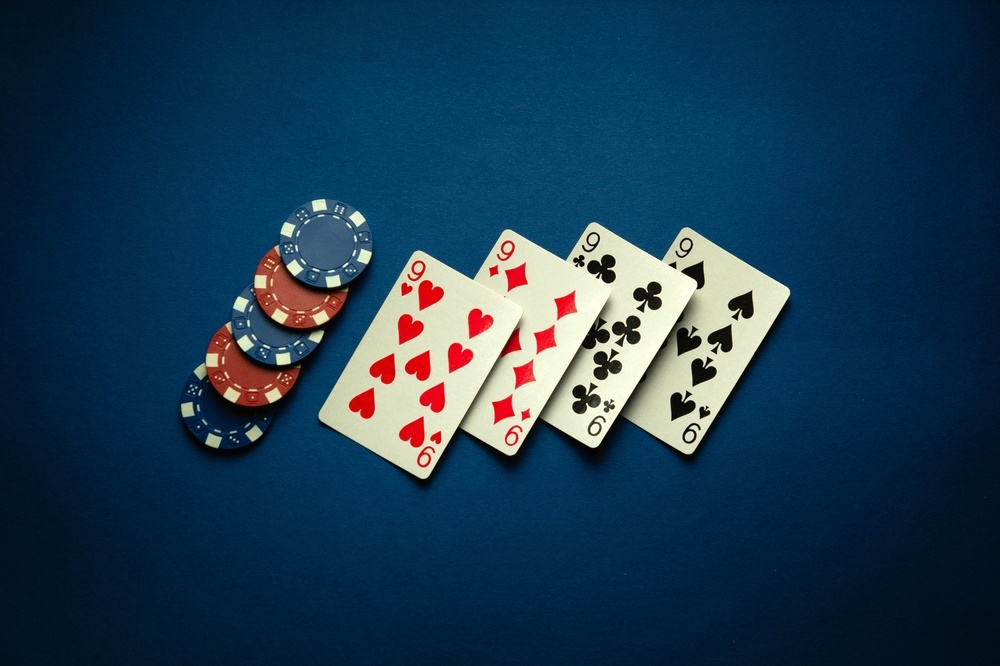
Image Credit: Dugger94621/Shutterstock
Folding Is the Easiest Fix for Losing Players
If you’re reading this article because you’re losing money at poker, let me save you thousands of dollars and thousands of hours of pain.
Tighten up.
Fold more.
Cut your range.
The deck doesn’t care how many poker books you’ve read or how many hours you’ve played. If you’re in too many hands, you’re in too many losing spots.
Folding Gives You Confidence
Ironically, the more you fold, the more confident you feel.
Why? Because folding clears your head. It helps you feel in control. You’re not chasing bad hands or getting pushed around… or praying that your middle pair is good.
Poker is like dating — don’t say yes to everyone. Wait for someone worth it.
Folding is a sign that you can be discerning and recognize a hand’s true value (rather than getting seduced by any two cards just because they’re suited). You know what hands you’re looking for, and you’re not afraid to say no to everything else.
Folding Is the Foundation of Everything Else
Want to learn advanced poker strategy? Great. But here’s the catch:
None of it works if you don’t fold bad hands.
You can’t bluff profitably if your opponents see you play every hand. You can’t use position if you’re always outkicked. You can’t make mathematically sound bets if you’re in pots with junk.
Until you master folding, the rest doesn’t matter.
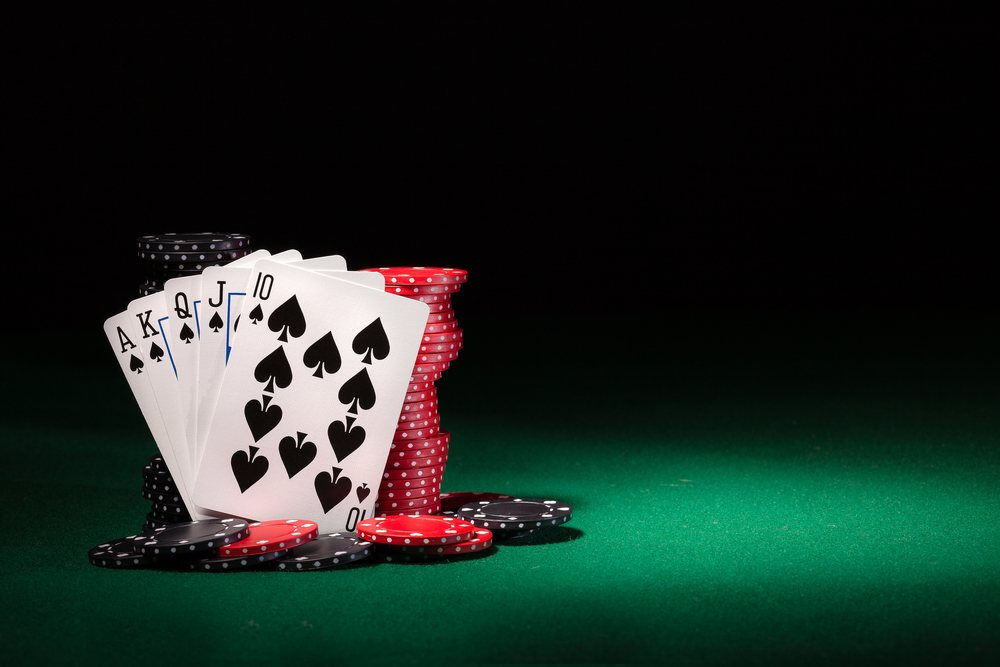
Image Credit: Berents/Shutterstock
Still Not Convinced?
Let me put it this way: folding is free. It costs you nothing. Or even if you already have chips invested, you cut your losses.
It’s the most undervalued move in the game.
So next time you look down at Ace-Three or King-Ten? Relish the moment as you relinquish your cards straight into the muck.
Final Thoughts: Fold First. Ask Questions Later.
If you’re new to poker and want one rule to live by — one golden guideline to follow — this is it:
When in doubt, fold.
That’s it.
You can learn the math later. You can work on your c-bet frequencies and pot odds and three-bets when you’re ready. But first, fold more.
Cut your hands. Play tight. And watch how everything else starts to fall into place.
Folding in poker is not passive. Folding in poker is not boring.
Folding is the beginning of real poker.
Title Image Credit: Berents/Shutterstock

